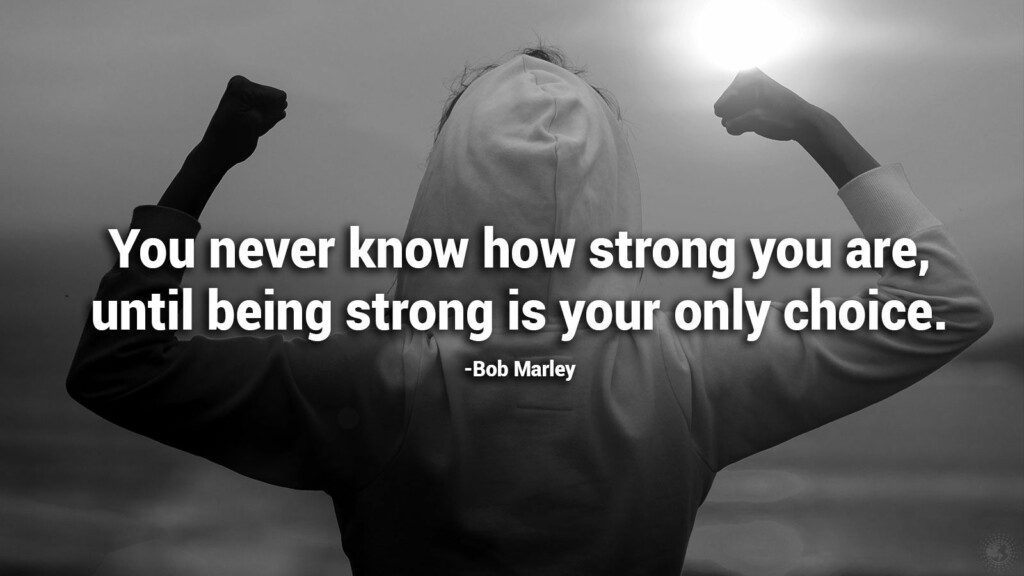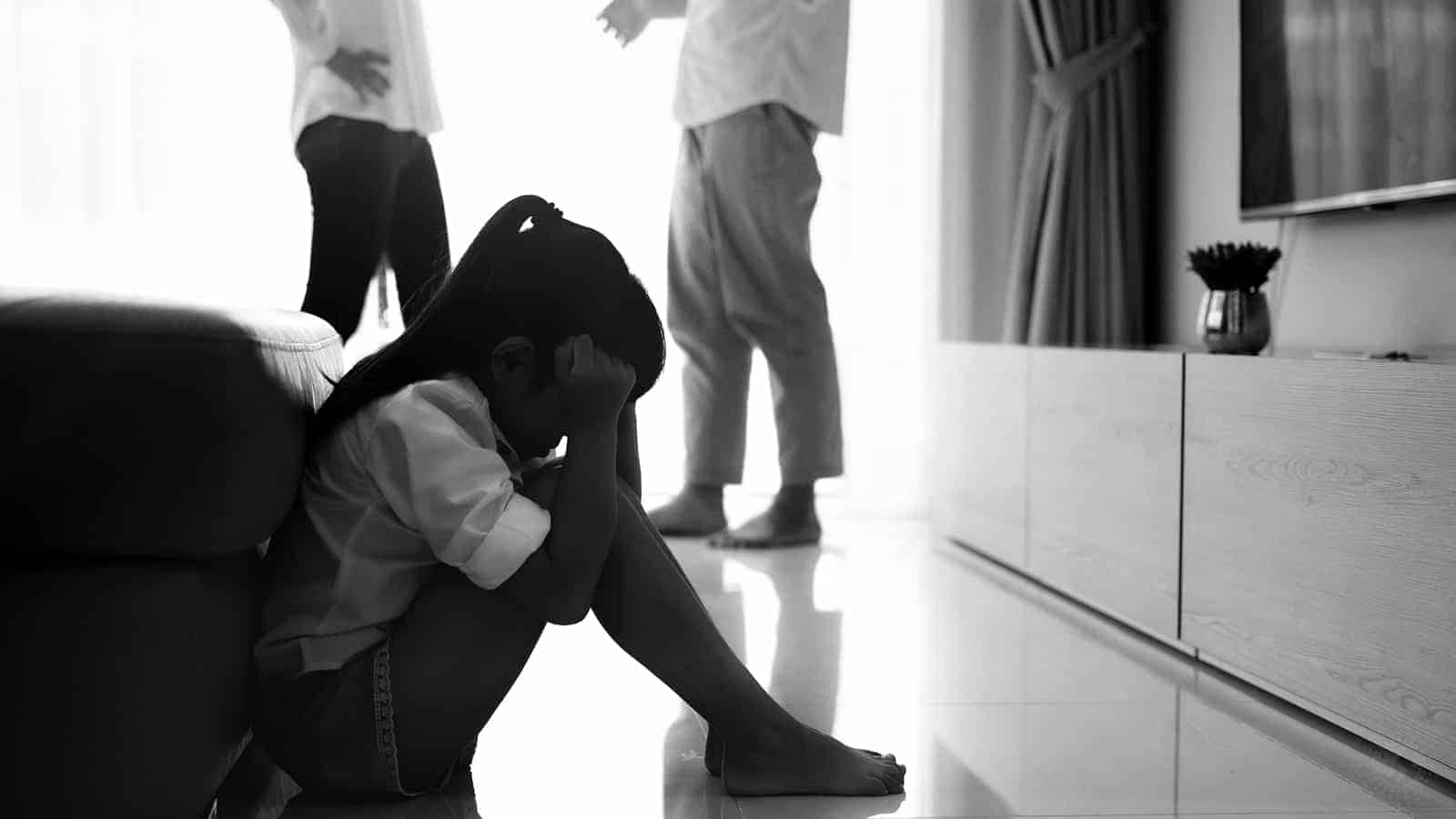There is no perfect childhood. However, growing up in a dysfunctional family can give you wounds so deep that it affects you for the rest of your life. What defines dysfunction, and how do you know if you fit into this classification?
Growing up in a dysfunctional family can mean many things. In most instances, the home was unstable and full of conflict. Commonly, there is abuse, neglect, and dependency on drugs or alcohol. Sadly, there is often a combination of these things that make the child suffer every day.
One family may struggle to find stable housing due to substance abuse issues and run-ins with the law. While another family may have a mental illness that leaves them unable to work, they turn to illegal activities to make ends meet. 101 scenarios can fit into this category, but all these dysfunctions dramatically impact a child who depends on their parents for everything.
Ten Lifelong Impacts of a Dysfunctional Upbringing
When you see an adult who has issues, it’s almost always because childhood affected them profoundly. The pangs of abuse radiate throughout the decades and can leave this person severely altered for life. Were you a victim of some abuse or neglect growing up? Here are some of the lifelong impacts that this trauma can have on you.
 1. Trust Issues
1. Trust Issues
One of the first and foremost problems that growing up in a dysfunctional family brings is trust issues. When you cannot trust your parents who gave you life, you grow up with a sense that you cannot trust anyone. Often, children of parents with substance abuse issues are made promises that the parent can’t keep.
These children live complicated lives because there is often violence and being raised around unscrupulous people. They learn they must look out for themselves at an early age.
2. Learn To Lie
A child who grows up in such an environment full of turmoil learns to lie. They lie for their parents to cover up their actions because they fear child protective services will step in and take them away. Lying becomes a mechanism to shield themselves from the dangers the parents have brought their way.
Sadly, dishonesty becomes such a normal part of this person’s life that it interferes with relationships and jobs in adulthood. Pathological lying, according to the National Library of Medicine, is rooted in a deep-seated mental health issue.
3. Poor Communication Skills
Since no one ever wants to address the elephant in the room, people in this family learn to brush things under the rug. Communication skills are lacking because no one wants to deal with issues, so they spend little time interacting. When parents are involved in illegal activities, they don’t openly talk about their children’s lives and feelings.
Kids growing up in this environment learn that it’s a don’t ask, don’t tell the type of situation. This can severely stunt their ability to communicate in the future.
4. Problems With Anxiety and Depression
The National Institute of Mental Health states there are forty million adults in this country, or one in five people, that suffer from anxiety disorders. The erratic or unpredictable conditions that a child grows up in can affect their nerves. They’re constantly on guard because they never know what will happen next.
Though they grow and have a place of their own that’s safe, the brain has been hardwired to live in a constant state of alert. The fight or flight mode is not so quickly left behind, mainly when your body is used to higher stress hormones like cortisol.
5. Feelings Of Being Unimportant and Unworthy
Self-image can be badly destroyed when you grow up in dysfunction. Even as you grow and have healthy relationships, the past can certainly put a damper on your happiness. Being in a relationship with someone who has so much baggage from their childhood is challenging.
This individual will need constant reassurance and support to help them move past this damaged thought process. It can take years of therapy and aids like journaling and positive affirmations to help overcome such a troubled upbringing.
6. Shame
It’s hurtful to grow up with such chaos all around you. Sadly, many children learn to protect and defend their parents and their actions. Even into adulthood, you may find that you’re still supporting them. Many people won’t talk about their past because it’s too painful to recall.
 7. Bury Feelings
7. Bury Feelings
One thing you don’t do in a dysfunctional family is let your emotions out. When you cry, scream, or have a temper tantrum, it can make the abuse worse. The child who remains quiet and stays out of the path of the abuser fares better than the one who challenges them.
Children quickly learn that they must suppress their feelings and emotions not to become a target. This pattern is not broken easily, and the suppression can continue until you know to break the cycle. The emotional aspects of feeling unimportant and unloved sting deep.
8. Poor Financial Management
Many folks who grow up in chaos never learn to manage money effectively. Having no positive example of paying the rent, cable, electricity, and water can have a considerable impact. Many of these families lack financial stability, so the child never learns the importance of not spending all they have on frivolous purchases with no thought for tomorrow.
9. Learns Violence
Have you ever heard that the abused become an abuser? It’s sadly quite common for someone who was abused to become an abuser. The reason is that they never learned effective ways to handle conflict.
If they grew up in a home where they were beaten with a belt to get them in line, they believe that this is the proper way to discipline a child. Hitting never resolves anything, and it only tends to make matters worse.
Growing up in an environment where violence was used for conflict resolution causes problems. You must stand up and say, “It stops here!” You don’t have to let the cycle of abuse continue.
10. Self-Medicating with Drugs and Alcohol
You’re a product of your upbringing. Many people don’t know how to deal with all the things that happened to them in the past, so they try to self-medicate the pain away. The downside to this thought process is that the numbness wears off when the intoxication is gone, and then you must still face reality.
Growing up in a dysfunctional family is no picnic, and rehabilitation centers across the country are full of people who don’t know how to cope with what happened to them.
Three Ways to Get Over the Mental Chaos
You’ve identified what it means to grow up in dysfunction, but now you need practical tools to overcome these things. You can and will overcome them if you put some effort into healing. It’s not going to happen overnight, and you may struggle with overcoming these things for the rest of your life.
However, you should know that it can be done when you get the proper help. Here are some ways that you can help to heal from the past.
•Counseling
The most effective defense you have against your past is learning to process what happened. Many times, you have feelings of guilt and shame that need to be addressed. Counseling is an effective outlet to helping you overcome this trauma.
•Practice Meditation and Mindfulness
Learning to live in the present is hard for someone who was always on edge. However, meditation is a great tool to help you purge negativity from your mind. Don’t let the past rob you of your future.
•Incorporate Movement into Your Daily Routine
When you exercise, you release potent endorphins in your body that help you to have good mental health. Often chemical imbalances are to blame for bipolar disorder, anxiety, depression, and other mental health issues. You can improve your state of mind by moving your body more.
 Final Thoughts on Growing Up in A Dysfunctional Family
Final Thoughts on Growing Up in A Dysfunctional Family
There is no perfect childhood. Even if a person says their upbringing was wonderful, there are always things to overcome. You must be careful because the cycles of abuse become so commonplace that you can become the very thing you loathe.
If you have children, remember they’re watching your every move. Do you want them to grow up with the same neglect and feelings of despair that you did? What happens in a dysfunctional family is hurtful and wrong on many levels, but there is a way to overcome it.
You’re past doesn’t have to define you a minute longer than you allow it. You have the power to overcome the hurt and pain, and you can live a normal, healthy life. It’s all about your mindset and getting the help you need to overcome the unthinkable.

















